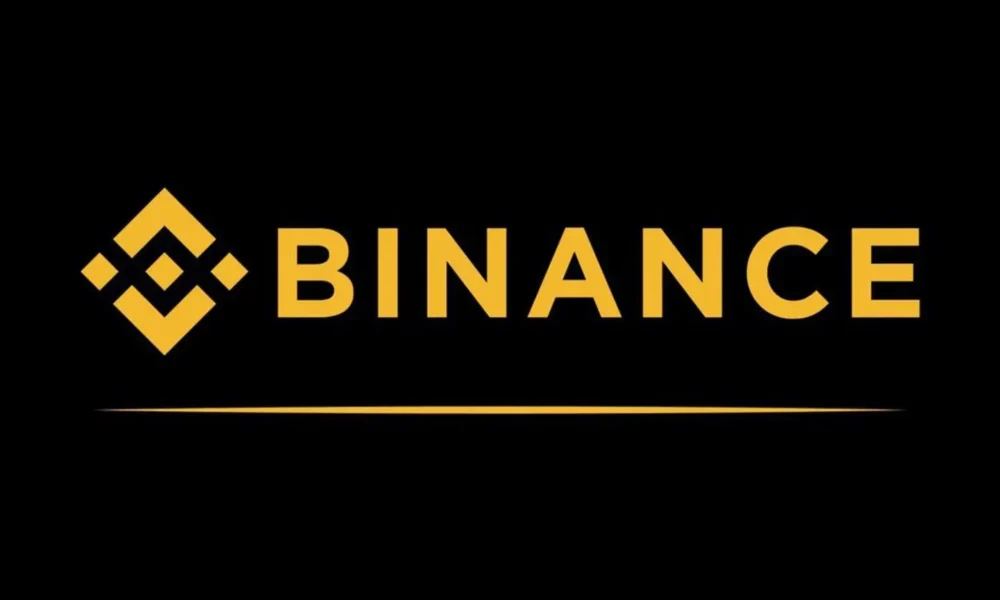The Federal Government has launched legal action against Binance, a well-known cryptocurrency exchange platform, on suspicion of evading taxes. This development was announced by the Federal Inland Revenue Service (FIRS) on Monday, with charges filed at the Federal High Court in Abuja. The lawsuit, identified as suit number FHC/ABJ/CR/115/2024, alleges Binance’s involvement in four counts of tax evasion.
The FIRS, through a statement released by Dare Adekanmbi, Special Adviser to the Executive Chairman of the service, emphasized that the action was taken to uphold fiscal responsibility and protect Nigeria’s economic integrity. Binance’s senior executives, Tigran Gambaryan and Nadeem Anjarwalla, are also named as defendants in the lawsuit, currently detained by the Economic and Financial Crimes Commission (EFCC).
The charges against Binance include failure to pay Value-Added Tax (VAT), Company Income Tax, failure to file tax returns, and assisting customers in evading taxes through its platform. The lawsuit also accuses Binance of not registering with FIRS for tax purposes and violating existing tax regulations in Nigeria.
One of the counts in the lawsuit pertains to Binance’s alleged failure to collect and remit various taxes to the federation as required by Section 40 of the FIRS Establishment Act 2007. This section outlines penalties and potential imprisonment for entities that fail to deduct and remit taxes.
Specific instances of alleged tax law violations by Binance are detailed in the charges, including failure to issue VAT invoices, hindering tax determination and payment by subscribers.
Dare Adekanmbi stated that Binance, by engaging in business transactions exceeding N25 million annually, is obligated under the Finance Act to pay Company Income Tax (CIT) and collect and remit Value Added Tax (VAT). However, Binance allegedly failed to comply with these regulations, hence violating Nigerian laws and potentially facing investigation and legal action for this misconduct.

Leave a Reply